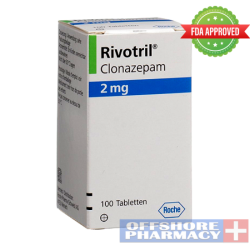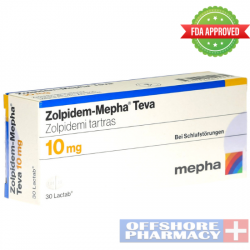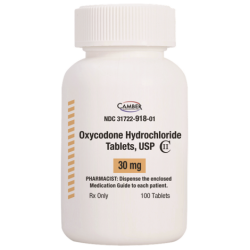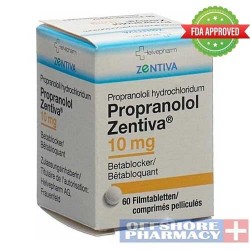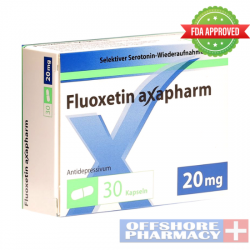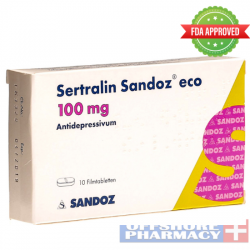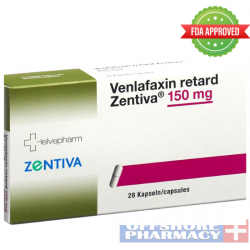
What is Depression and some symptoms?
Depression is an emotional disorder in which a person experiences deep, unending feelings of sadness and loss of interest in things that they once found enjoyable.
A person suffering from depression often finds sleep difficult, either having trouble falling asleep or waking up too early. They may also feel restless or irritable for no reason. They may also have physical symptoms like headaches, digestive problems, and chronic pain among others.
Some common types of depression include major depressive disorder (also known as clinical depression), postpartum depression, seasonal affective disorder (SAD), bipolar disorder (manic-depressive illness), and dysthymia (recurrent depressive episodes).
How to identify if you are depressed?
Depression is a serious mental health condition that can affect all aspects of your life. If you are not sure if you are depressed, this article will help you identify the signs of depression.
It is important to know the signs of depression so that you can get help for it as early as possible. Depression affects people differently and some people might not even realize they are experiencing symptoms at all. However, there are certain signs to look for which will help you determine if you have depression or not. Here is a list of 10 clear signs to look for:
1) The person often struggles with quick mood swings
2) The person feels guilty without any reason
3) The person lacks interest in things they used to enjoy
4) The person has trouble sleeping at night
Symptoms of Major Depression Disorder
Even if you only have one episode of depression in your life, most people have several. Symptoms can last for the majority of the day, almost every day, and include:
Sadness, tears, emptiness, or a lack of hope
the ability to become enraged, irritable, or frustrated over minor issues
Inability to enjoy normal activities such as sex, hobbies, or sports because of a lack of interest or enjoyment in them
Sleep disorders, such as insomnia or sleeping excessively
due to exhaustion and a lack of energy, even the smallest tasks are difficult.
Reduced food cravings and weight loss or weight gain as a result of reduced food cravings
Restlessness, agitation, or anxiety
Slowing of the mind, speech, or body motions
Anxiety or depression, centered on perceived shortcomings or failures in the past or blaming oneself
Problems with thinking, concentration, decision-making, and recall
Suicidal ideation, suicide attempts, or thoughts of suicide on a regular basis
Health issues like back pain or headaches that don't make sense
How to find out When did this start? How long have you had these symptoms?
Medical diagnoses are becoming more and more accurate with the introduction of AI. The accuracy level of AI is now 95% in comparison to humans' 43%. The change in accuracy level is due to the fact that AI has a series of data points that they can rely on in order to make an accurate diagnosis, while humans are relying on their personal medical knowledge which may not be up-to-date.
The medical community has been using artificial intelligence for decades. However, recent developments in deep learning algorithms have paved the way for dramatic improvements in the accuracy rates of diagnoses made by computers.
Treatment of Depression
Take time to educate yourself on depression. To find out if your depression symptoms are caused by a medical condition, consult your doctor. If this is the case, you'll have to start by taking care of the underlying problem. It's also important to consider how bad your depression really is. If your depression is severe, you'll probably require more time and effort in your treatment plan.
Finding the right treatment requires patience. If you want to find the right treatment and support, you may have to go through a period of trial and error. Take therapy as an example. It may take several tries to find the right therapist for your needs. Or, you could try an antidepressant and discover that a daily half-hour walk is all you need instead of taking one. Be flexible and willing to try new things.
Don't just rely on prescription drugs to get you through tough times. The use of medication can help with the symptoms of depression, but it is not recommended as a long-term solution. Other methods of treatment, such as exercise and therapy, can be just as effective as medication, if not more so, and have no negative side effects. If you decide to try medication, keep in mind that it is most effective when combined with a healthy lifestyle.
Seek out help from others. The more social connections you make, the less likely you are to fall into a depression. If you find yourself in a rut, don't be afraid to reach out to loved ones you can trust or make new friends at a depression support group, for instance. Affirming your need for assistance does not imply that you are a coward or a burden on others. The simple act of speaking with someone in person can often be a huge help.
Nutrition. Eating healthfully benefits both your physical and mental well-being, so make an effort to do so. Keep your energy up and your mood stable by eating small, well-balanced meals throughout the day. If you're looking for a quick energy boost, go for sugary foods like soda or candy. They'll give you a boost without causing a sugar crash any sooner.
Sleep. The quality of one's sleep has a significant impact on one's mental well-being. Your depression symptoms will worsen if you do not get enough sleep. Irritability, moodiness, sadness and fatigue are all exacerbated when you are sleep deprived. Don't forget to get plenty of rest. Few people can function normally if they sleep for less than seven hours every night. Aim for seven to nine hours of sleep per night.
Reduction of tension. Changes in your daily routine can help you better cope with stress. Stress exacerbates depression and increases your risk of developing it in the future. Find ways to lessen the impact of the things in your life that stress you out, like a work overload or unsupportive relationships.
what is the best antidepressant for anxiety and depression?
SSRIs like Prozac, Zoloft, Paxil, Lexapro, and Celexa are the most commonly prescribed antidepressants for anxiety.
Even though depression medication is the most widely publicized form of treatment, that doesn't mean it's the best. A chemical imbalance in the brain is only part of the story when it comes to depression. There is no cure for moderate or severe depression, and medication is usually not a long-term solution to alleviate symptoms. Withdrawal from antidepressant medications can be extremely difficult due to the side effects and safety concerns that come along with the medication. Finding out all the facts can help you make an educated decision if you're debating whether or not the antidepressant medication is right for you.
Be sure to seek other forms of treatment even if you decide to take depression medication. In addition to speeding recovery from depression, lifestyle changes and therapy also provide skills to help prevent a recurrence.
